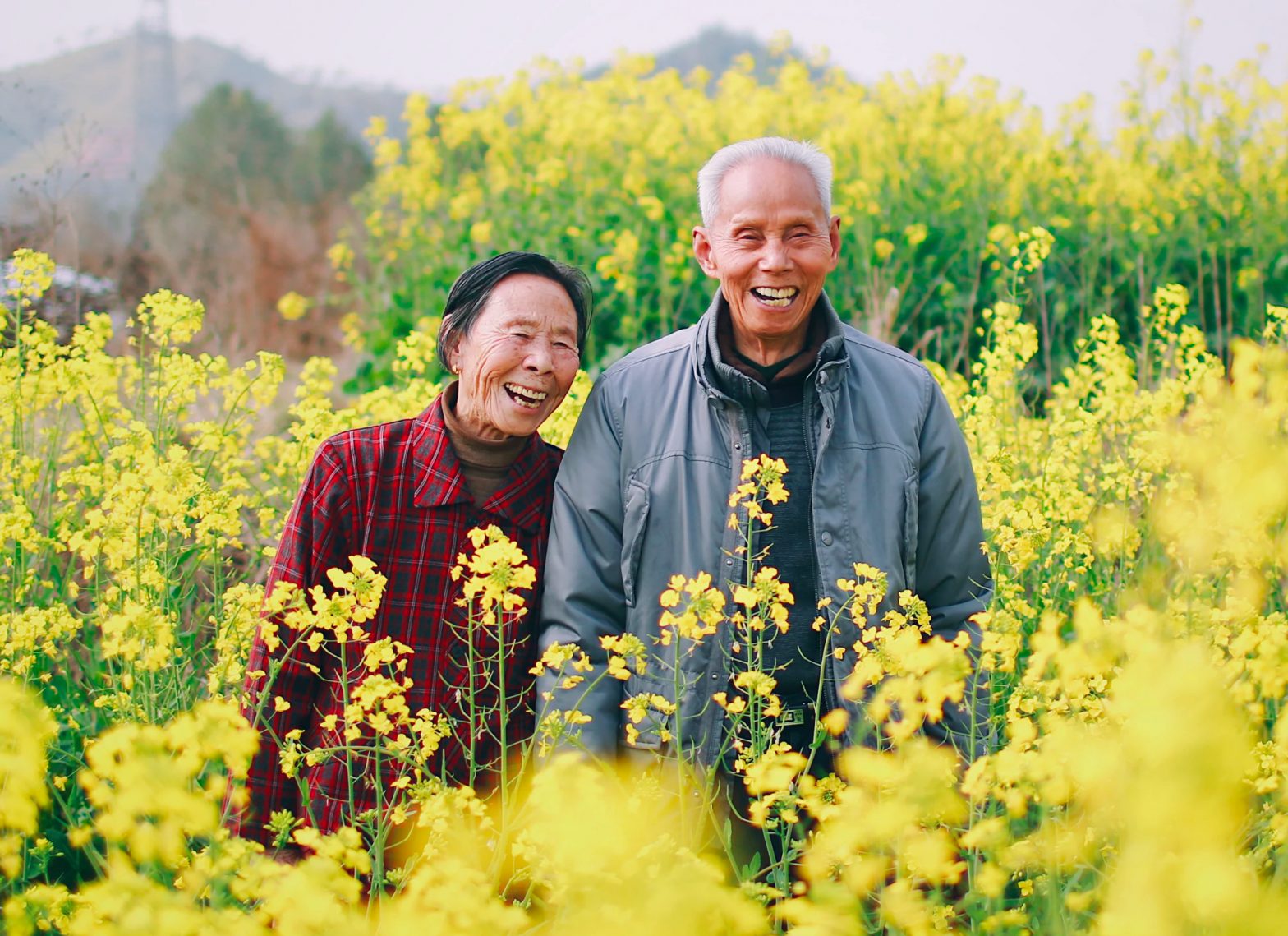Everyone hates getting old. People want to stay young, or at least middle-aged. But time keeps marching. With the 65-and-older segment getting larger in North America what are the prospects for the golden-agers in today’s world?
An increasing trend is to date people by their intellectual and social capabilities rather than by chronological age. Health, or your biological age, rather than chronological years usually determines one’s status. Old age sets in when disease and disability limit everyday tasks. Some people are old while relatively young in years. Others remain youthful, vital, interesting, and productive into advanced age.
Is being older better?
It may be a matter of perspective. For physical strength, energy and fewer ailments, youth is better. But for increased confidence, better judgment and insight, less anxiety, and more freedom, older can be better. Most philosophers, composers, painters, and writers, for instance improve with time.
Aging and chronic diseases
In affluent Western society about 80 percent of the 65-and-over group have some kind of health problem — including hypertension, diabetes, arthritis, depression, heart disease hearing or memory loss, and excess weight. Premature aging and disability are largely the result of lifestyle factors. Our typically rich American diet of animal products and refined foods, and our lack of regular exercise can make people old before their time. Overweight and obesity speeds up physical and sexual decline. Other lifestyle choices such as smoking, excessive alcohol and caffeine consumption, and the abuse of drugs also play a factor.
Forgetfulness and senility
Forgetfulness in older people may be exaggerated. Stress, anxiety, fast-moving events, memory overload, and lack of interest can cause forgetfulness at any age. Depression, which affects many older people, is often misdiagnosed as senility. Not too many actually develop genuine senile dementias. Most people retain remarkable memory function for a long time, especially when they stay active and fit
Pushing back aging
Productive social activities are pushing back the aging process as well as are exercise, a better understanding of the role of diet, earlier attention to health problems, and advances in modern medical technology. People today are often staying physically and mentally fit into their 80s and 90s. Many remain sexually active as well. Furthermore, scientists are discovering that an optimistic, positive attitude actually boosts the body’s immune mechanism.
Aging Super Stars!
At age 66, Hulda Crooks decided to take on a new challenge—mountain climbing. Over the next 25 years she scaled some of North America’s tallest peaks, plus Mount Fuji, the tallest mountain in Japan. She passed away at age 101. And then there’s Bob Andersen who, as a cardiac cripple at age 66, picked up bicycling and started eating a healthier, more plant-based whole-foods diet. Two years later, he covered the 2,000-mile distance from his home in British Columbia to Ottawa, Canada’s capital, in 60 days on his 21-gear bike with his cardiologist’s approval.
What’s in your future?
Take a moment to imagine yourself on your 90th birthday. Are you standing atop a mountain? Are you painting a picture? Are you celebrating life with family and friends? Or are you ill and isolated? A positive attitude is important for physical health and happiness. Without purpose, goals, and productive social activities we age quickly. Do you have interests and goals that will carry you through your lifetime?
Get free help to get your back on track – Dr Sal runs a free weekly webinar sharing his years of professional medical experience. Ask him questions and listen to some of his guest speakers.
For more on the lifestyle medicine approach to good health and healing, join us live every Wednesday at 3pm for our Ask Dr. Sal series with Dr. Sal Lacagnina, Medical Director of the Lifestyle Medicine Institute.
Join the movement that sees employers, health care systems, hospitals and physicians achieve real and positive health outcomes for their employees and patients. CHIP is the first Certified Lifestyle Medicine Program that has helped thousands of people prevent, halt and even reverse chronic illness.

